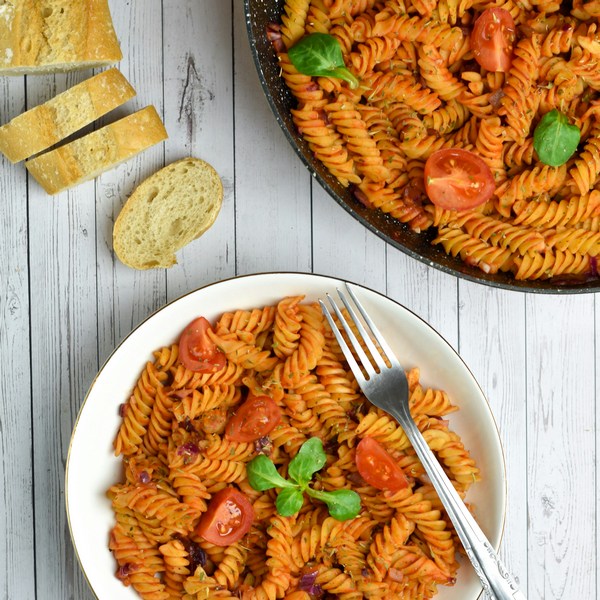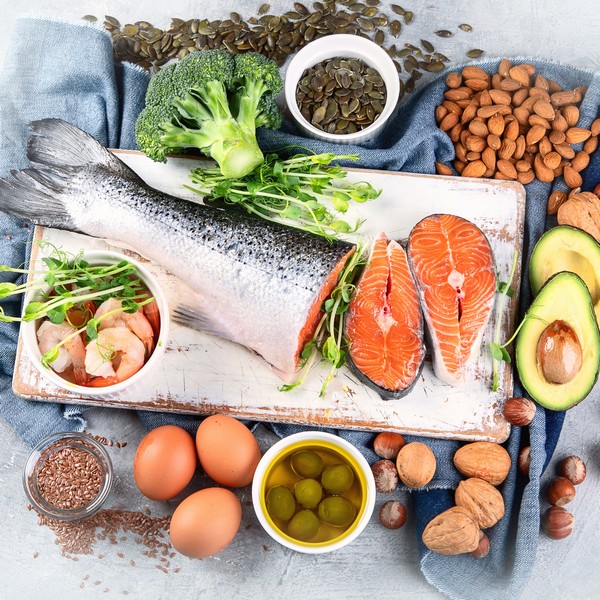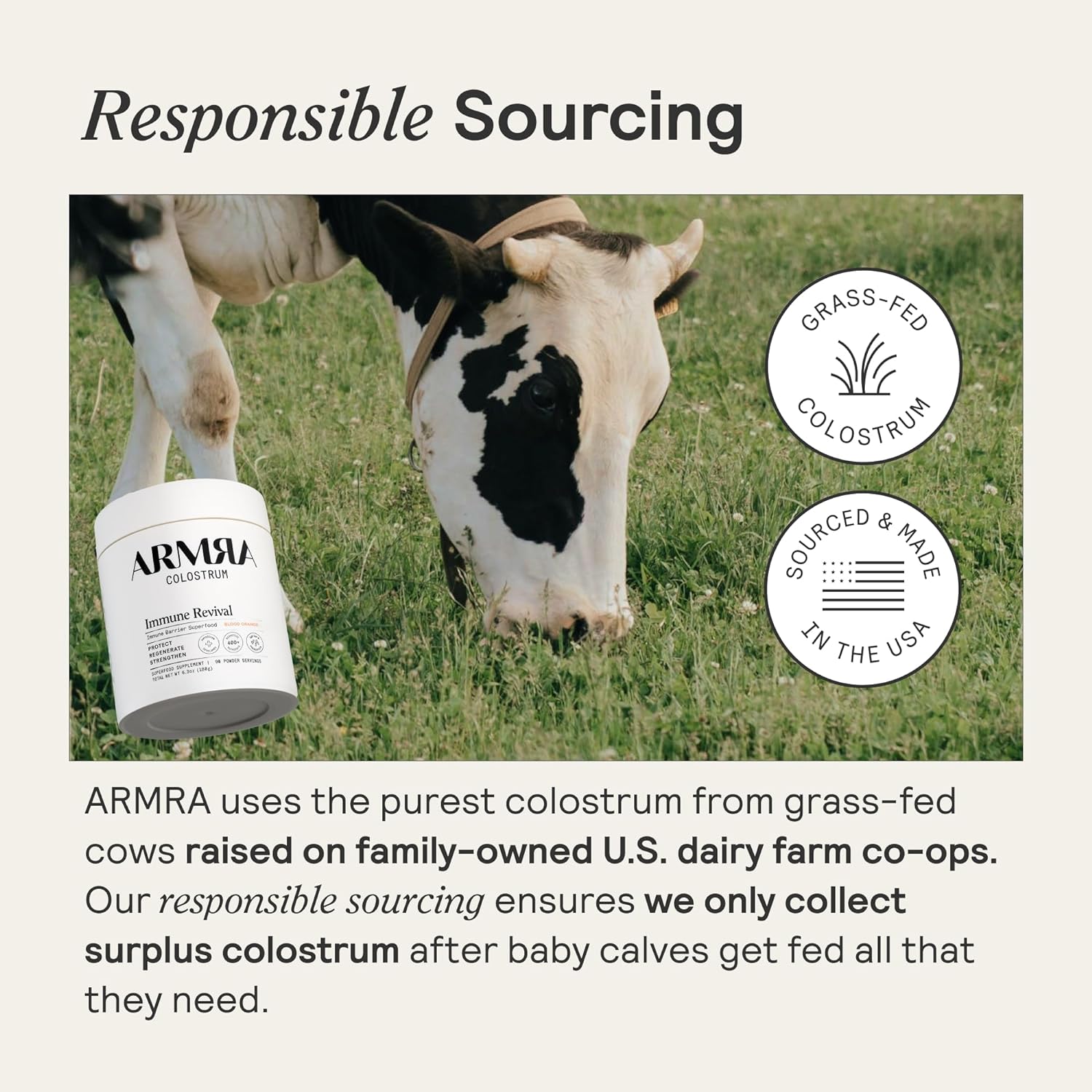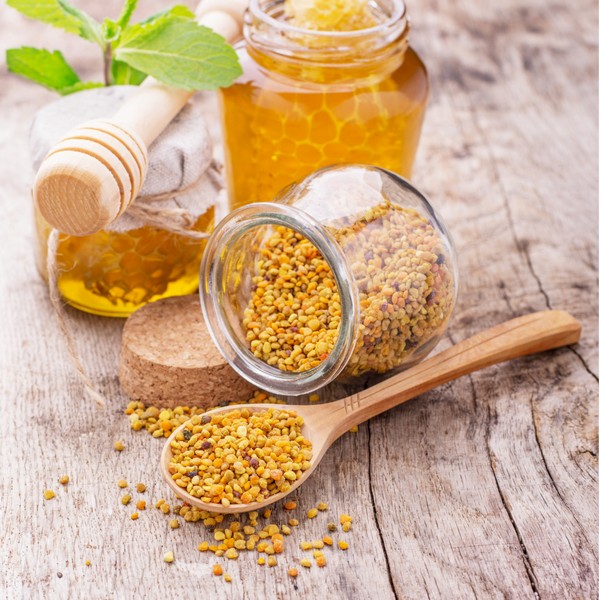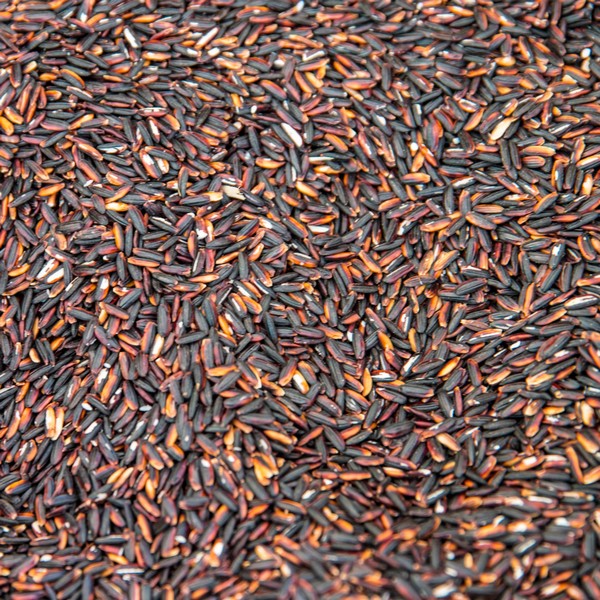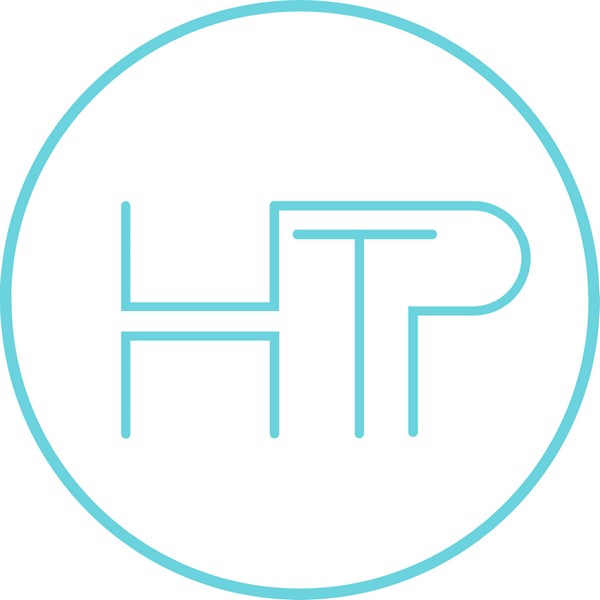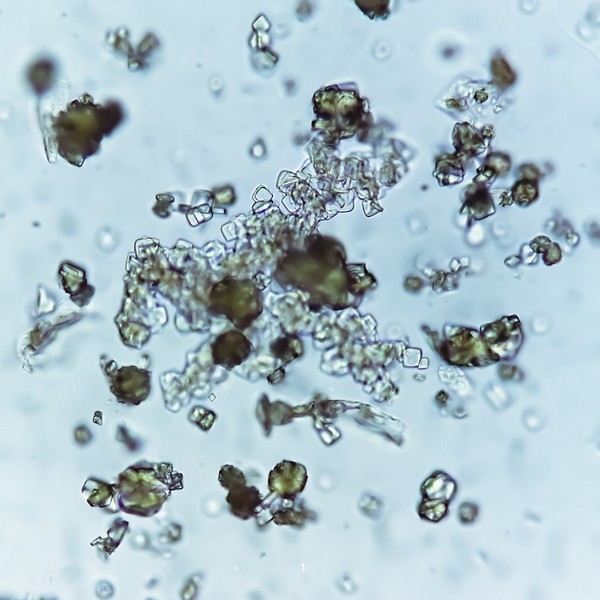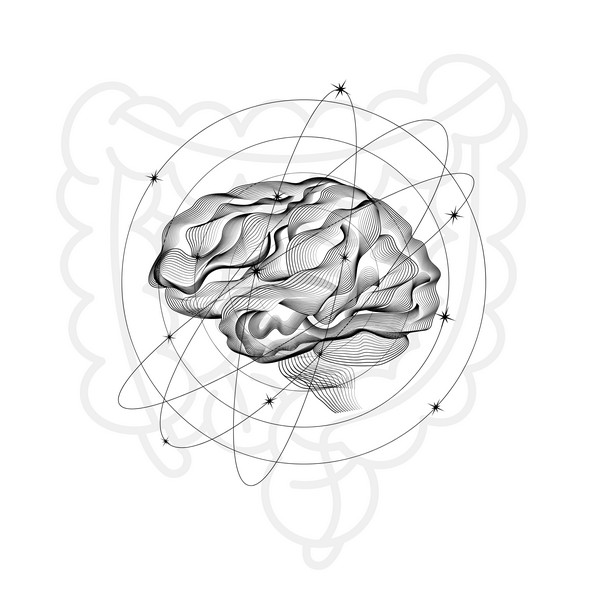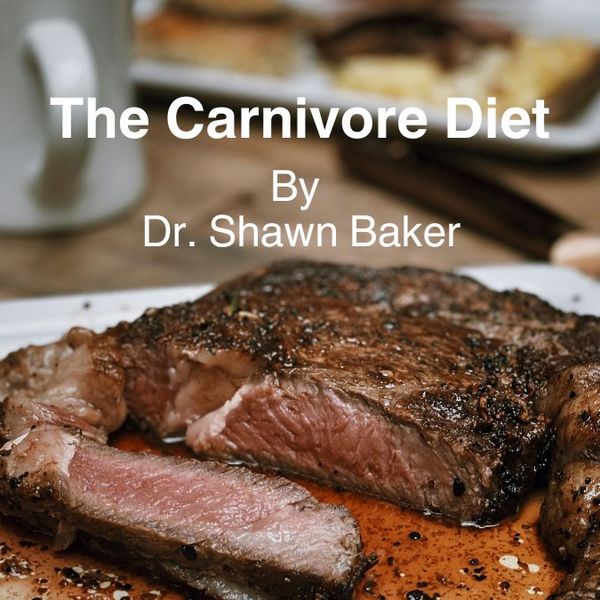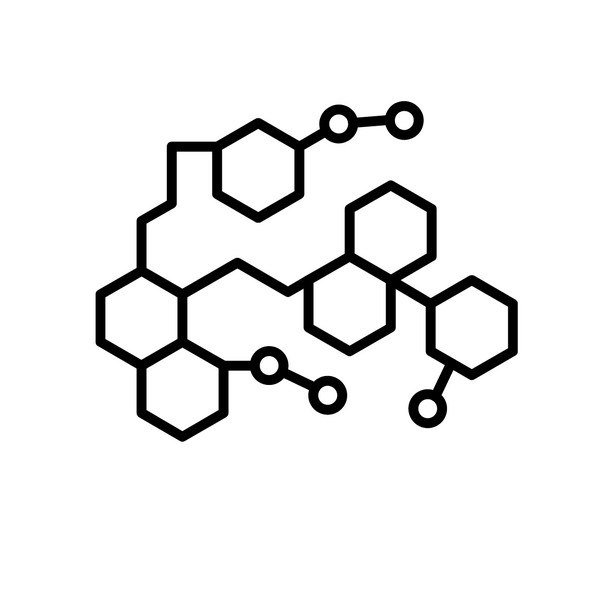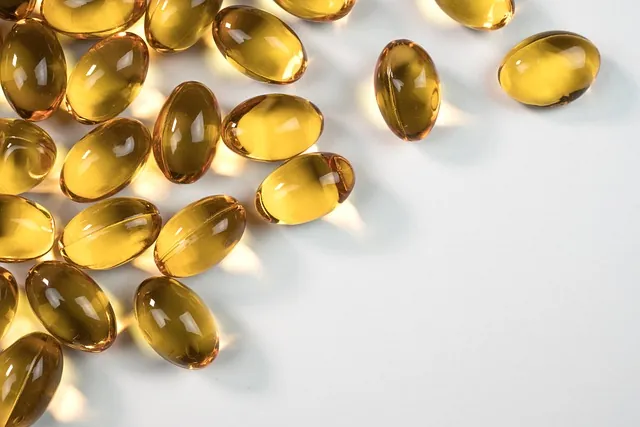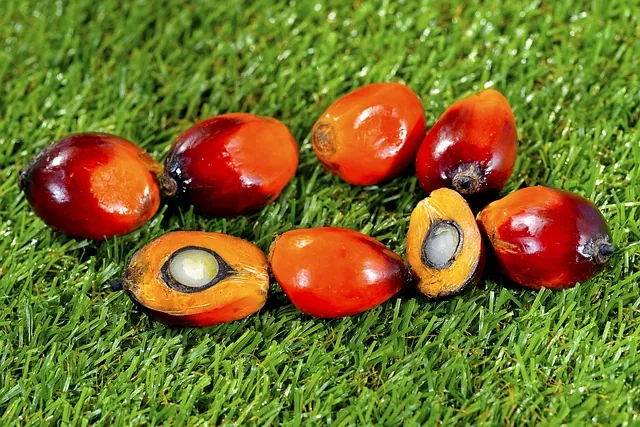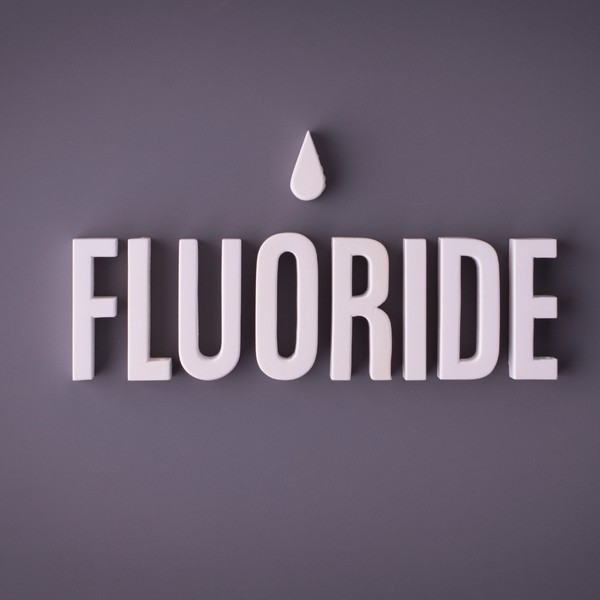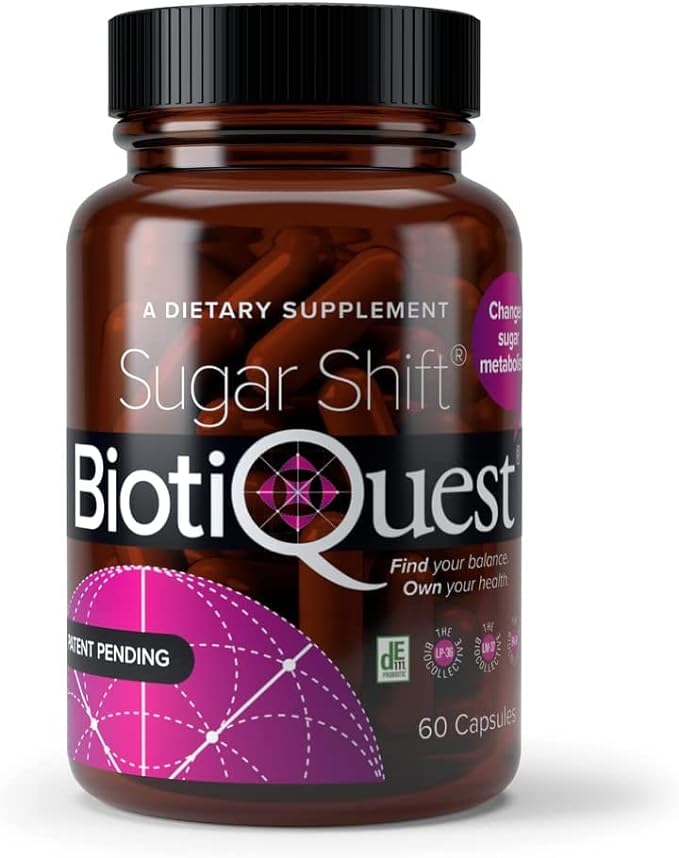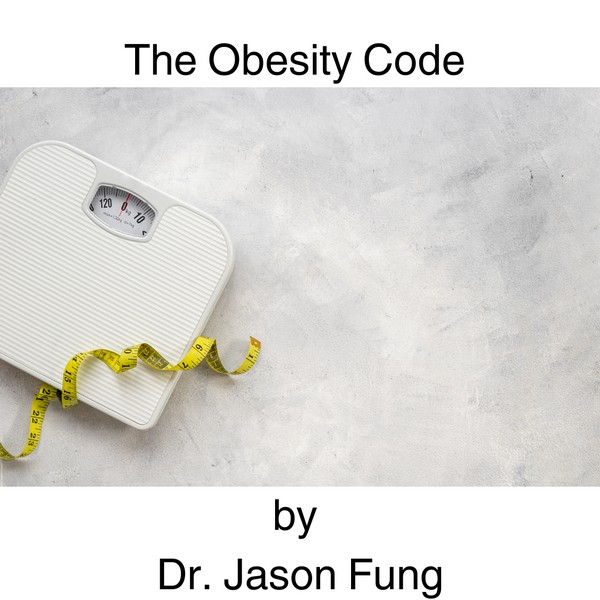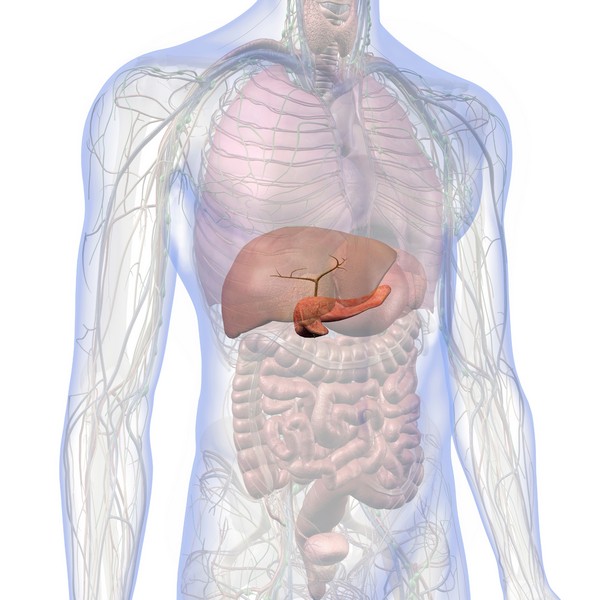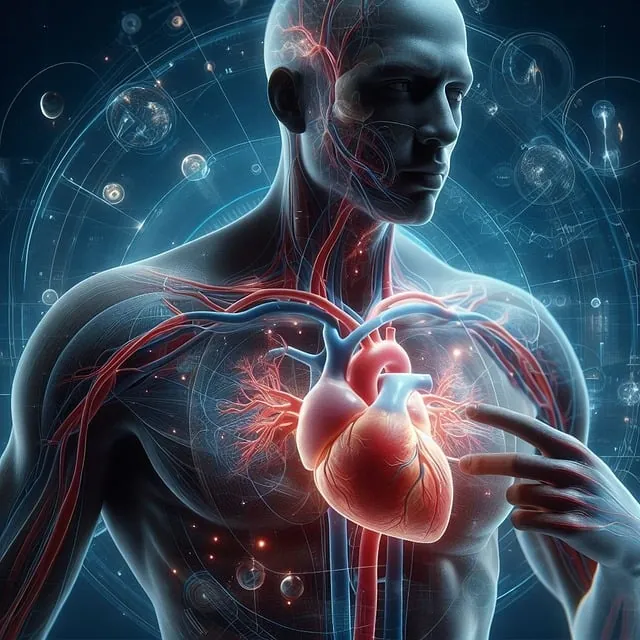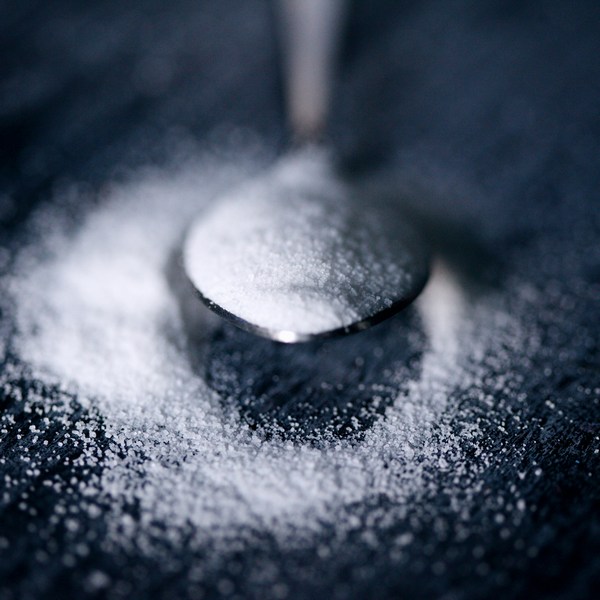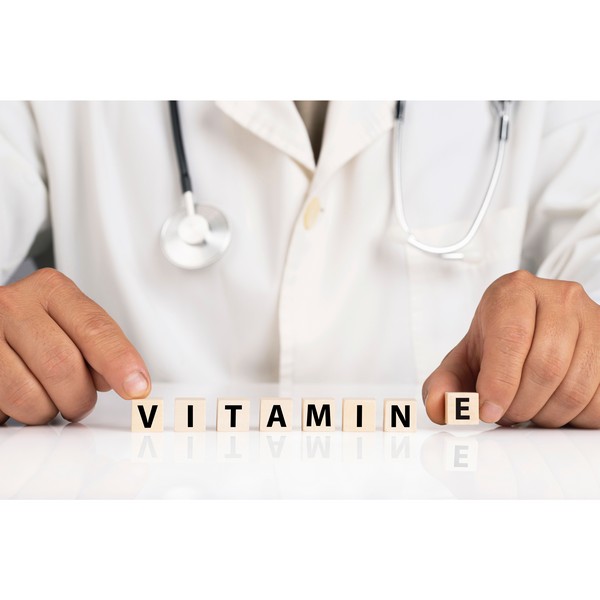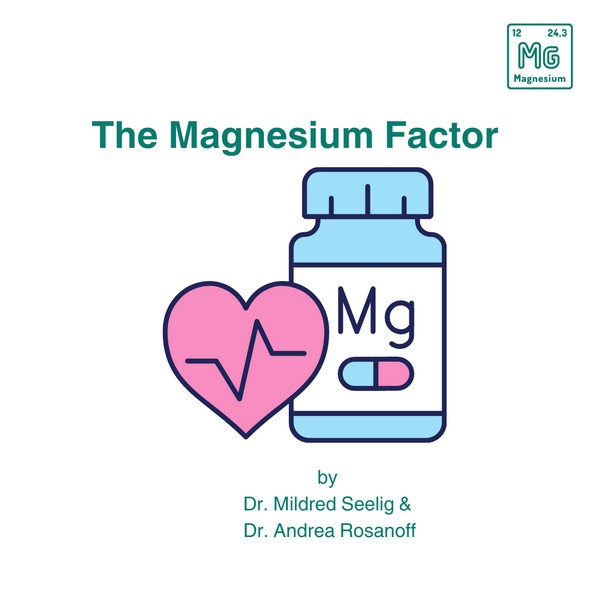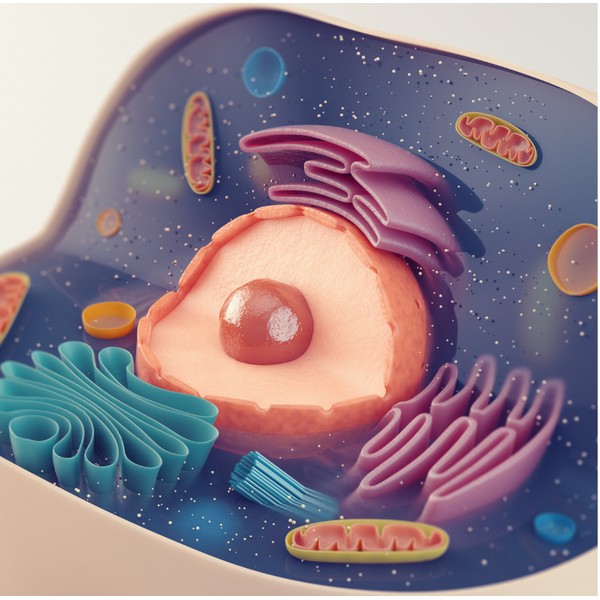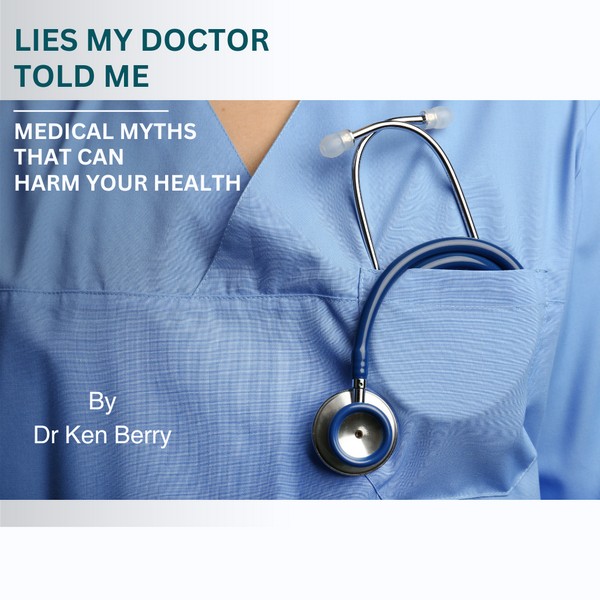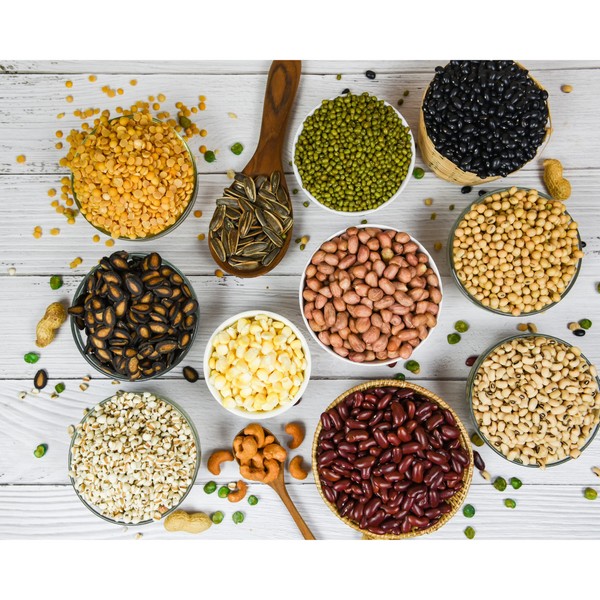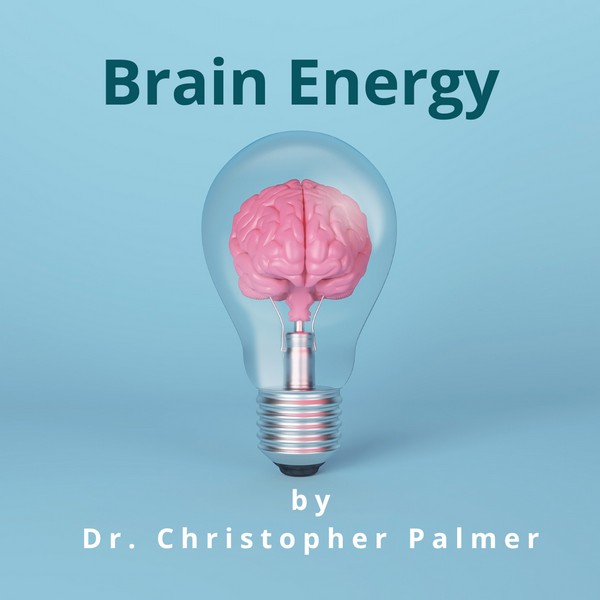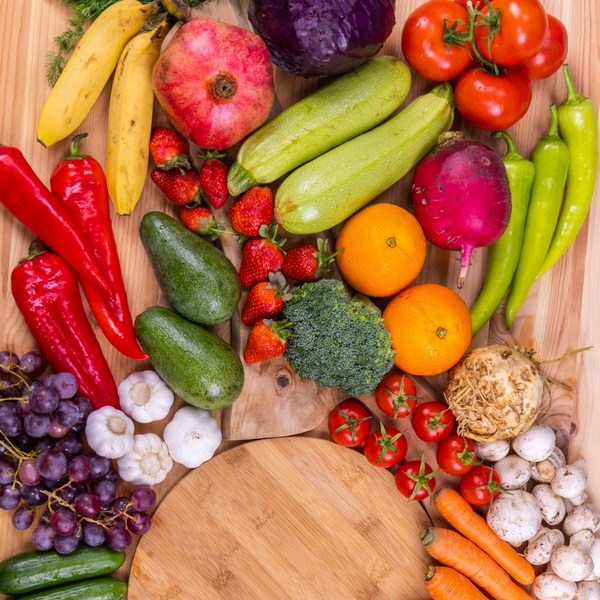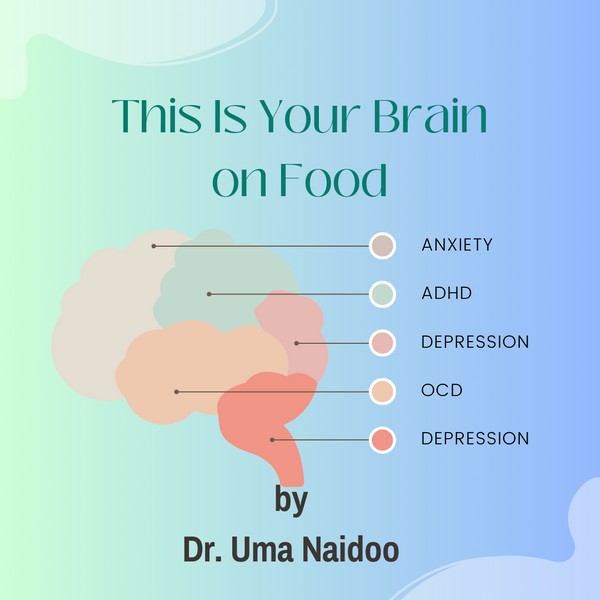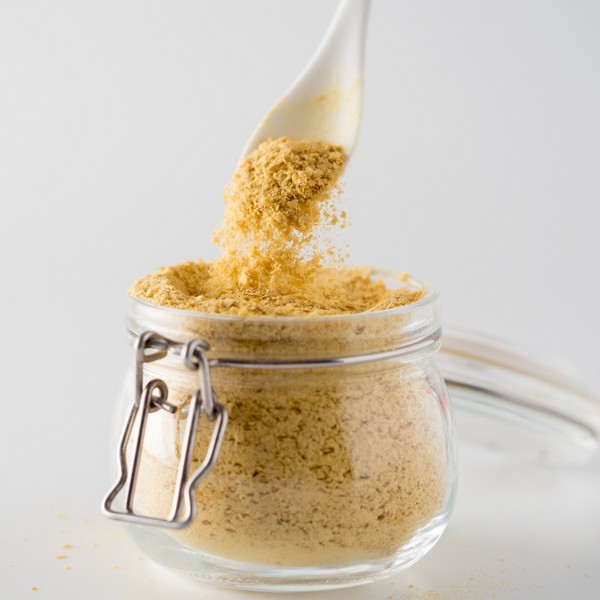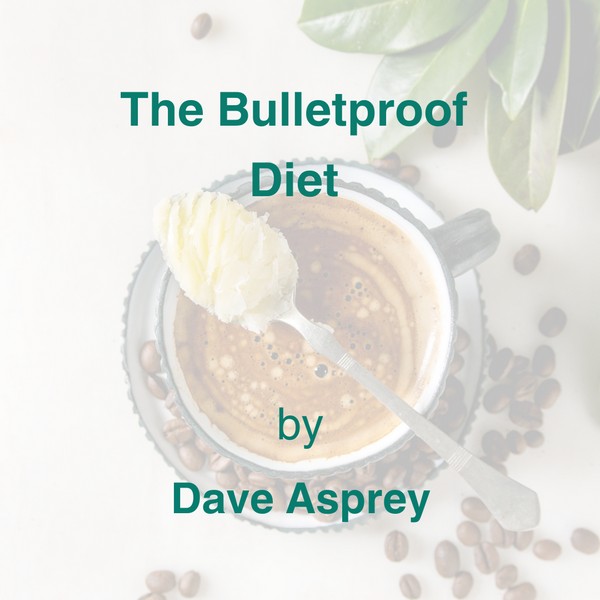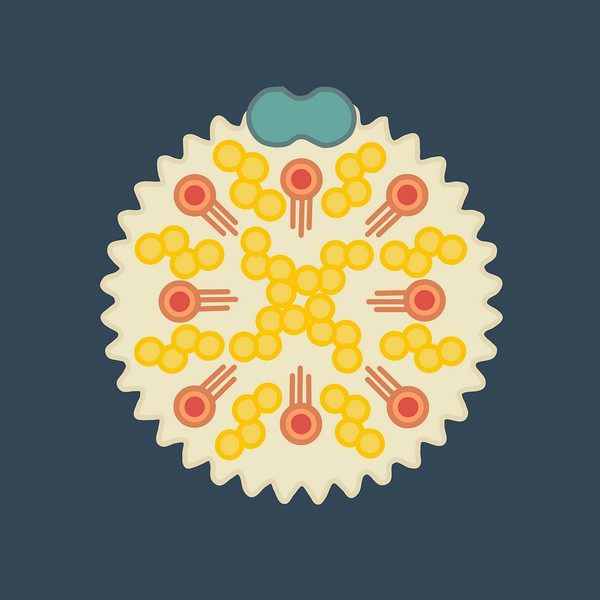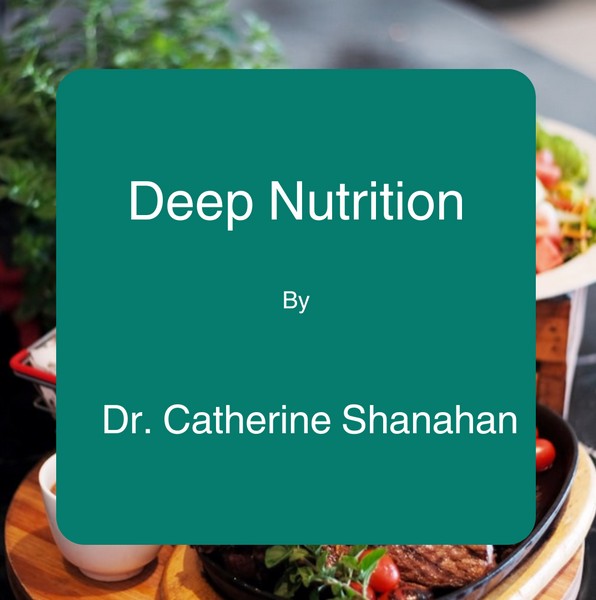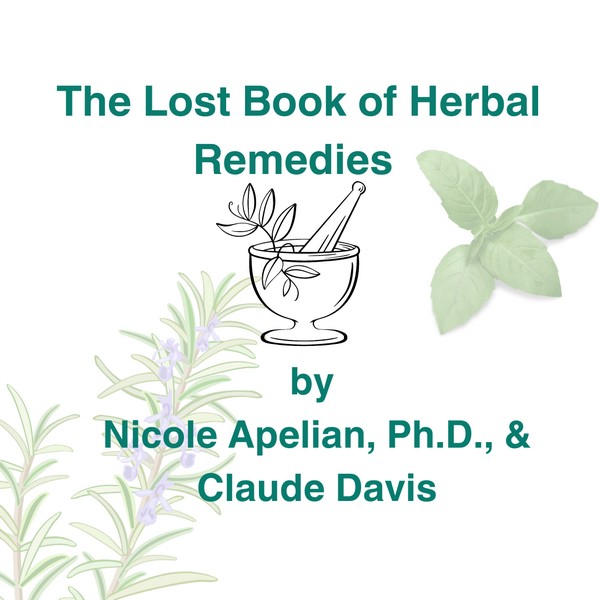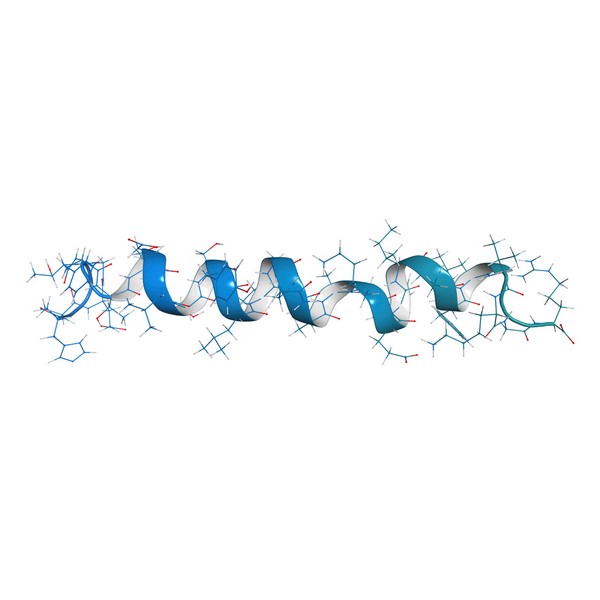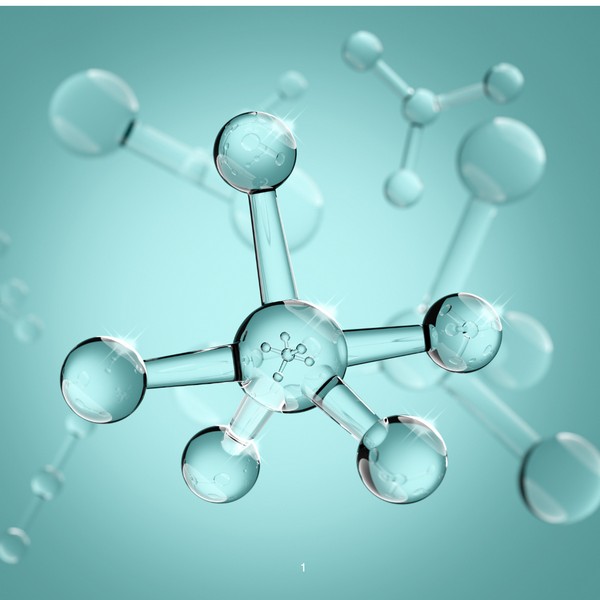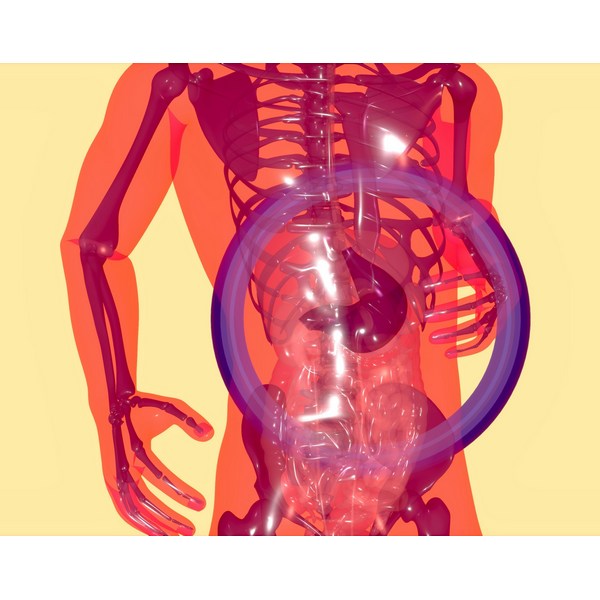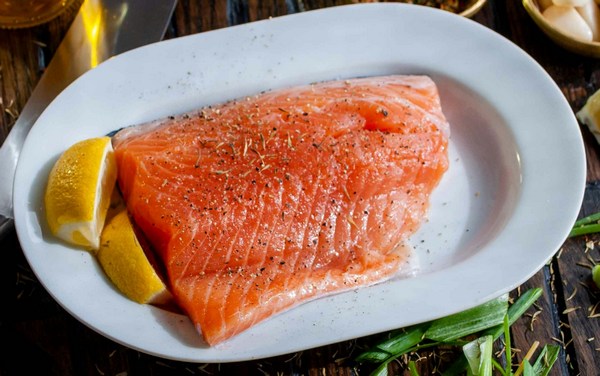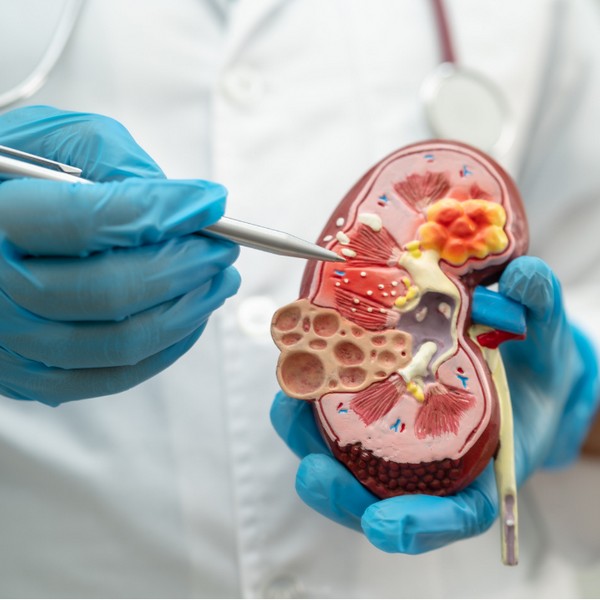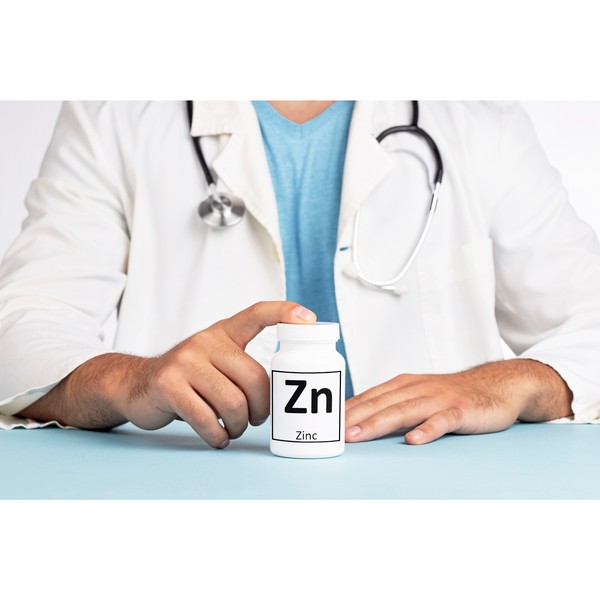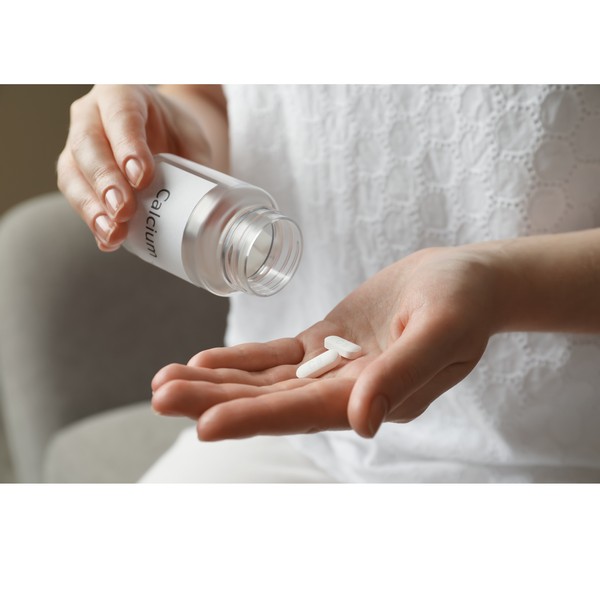Key Takeaways
- Sunlight helps the body produce vitamin D, supporting bone health and immune function.
- Exposure to sunlight can improve mood and reduce symptoms of depression.
- Sunlight promotes better sleep by regulating circadian rhythms.
- Moderate sunlight exposure supports skin health and lowers inflammation.
- Spending time in the sun can enhance overall energy and well-being.
Introduction

Sunlight is a natural source of energy that provides essential health benefits. Moderate exposure to sunlight can improve mood, help regulate sleep, and boost vitamin D production, all of which are key for maintaining overall health.
Safe and sensible sunlight exposure can provide a range of benefits for physical and mental well-being.
Vitamin D Production
Sunlight stimulates the skin to produce vitamin D, a vital nutrient for bone health and immune function.
Vitamin D supports calcium absorption, making it essential for strong bones and teeth. Unlike supplements, natural sunlight provides vitamin D in a form that the body can easily use.
Many people experience low vitamin D levels, especially in regions with limited sunlight, making moderate exposure important.
Sunlight and Mood Enhancement

Exposure to sunlight helps increase serotonin levels, which improves mood and can help reduce symptoms of depression.
The lack of sunlight in winter months is linked to seasonal affective disorder (SAD), a form of depression that is alleviated by increasing sunlight exposure.
Regular exposure to sunlight during the day can also help reduce stress and improve energy levels, promoting a more positive outlook.
Improved Sleep through Circadian Rhythm Regulation
Sunlight is important for maintaining the body’s internal clock, known as the circadian rhythm. This natural cycle helps regulate sleep and wake patterns.
Exposure to natural sunlight, particularly in the morning, signals the body to produce melatonin at the right time, improving the quality and consistency of sleep.
A well-regulated circadian rhythm not only enhances sleep but also boosts overall mental clarity and health.
Sunlight’s Role in Skin Health

While excessive sun exposure can damage the skin, moderate sunlight exposure can benefit certain skin conditions such as psoriasis and eczema.
Sunlight has anti-inflammatory properties that may help reduce these conditions.
Balanced exposure to sunlight can also improve the skin’s appearance by promoting healthy circulation and reducing inflammation.
Enhanced Immune Function
Sunlight, through its ability to promote vitamin D production, plays an important role in immune system health.
Vitamin D is essential for proper immune function and helps the body fend off infections and diseases.
Regular exposure to sunlight can enhance the body’s ability to respond to pathogens, improving overall health and well-being.
Sensible Sun Exposure

While sunlight offers many benefits, it’s essential to practice safe exposure. Too much sun, especially during peak hours, can lead to skin damage, sunburn, and an increased risk of skin cancer.
Balancing time in the sun with protective measures, such as wearing sunscreen and seeking shade when needed, can help maximize the health benefits without the risks.
Sensible sun exposure involves getting enough sunlight to reap the health benefits while avoiding overexposure that can lead to harm.
Early morning and late afternoon are ideal times for sun exposure, as the UV index is lower.
Spending short, regular intervals in the sun, rather than extended periods during peak hours, can maximize benefits while minimizing risks.
Diet and Sunburn
A diet rich in antioxidants, healthy fats, minerals and vitamins can help protect the skin from sunburn by enhancing its natural defense against UV damage.
Antioxidants like lutein help protect the skin from sunburn by neutralizing free radicals and reducing UV-induced damage.
Copper supports melanin production, helping to protect the skin from sunburn by increasing pigmentation and shielding against UV damage.
Copper, zinc-superoxide dismutase reduces oxidative stress, helping protect skin from sunburn and UV-induced damage by neutralizing harmful free radicals.

Conclusion
Sunlight is a natural and powerful source of health benefits, from boosting vitamin D levels to improving mood and sleep. By practicing sensible sun exposure, you can enjoy the wide range of advantages sunlight has to offer, supporting physical and mental well-being in a natural way.
FAQs
How much sunlight is needed to produce enough vitamin D?
Around 10-30 minutes of midday sunlight several times a week is typically enough to produce adequate vitamin D, depending on skin type and location.
Can sunlight improve mood and reduce stress?
Yes, sunlight boosts serotonin levels, which can improve mood and help reduce feelings of stress and anxiety.
How does sunlight affect sleep patterns?
Exposure to sunlight helps regulate the body’s circadian rhythm, promoting better sleep by signaling melatonin production at the right time.
What are the best times of day to get sun exposure?
Early morning and late afternoon are the safest times to get sun exposure, as the UV index is lower, reducing the risk of sunburn.
Can too much sun exposure harm the skin?
Yes, excessive sun exposure can lead to skin damage, sunburn, and an increased risk of skin cancer. Sensible exposure and protection are important.
Research
Abeyama, K., Eng, W., Jester, J.V., Vink, A.A., Edelbaum, D., Cockerell, C.J., Bergstresser, P.R. and Takashima, A., 2000. A role for NF-κB–dependent gene transactivation in sunburn. Journal of Clinical Investigation, [online] 105(12), pp.1751–1759. https://doi.org/10.1172/jci9745.
Alaluf S, Heinrich U, Stahl W, Tronnier H, Wiseman S. Dietary carotenoids contribute to normal human skin color and UV photosensitivity. J Nutr. 2002 Mar;132(3):399-403. doi: 10.1093/jn/132.3.399. PMID: 11880562.
Anstey, A. V. (2002). Systemic photoprotection with α‐tocopherol (vitamin E) and β‐carotene. Clinical and Experimental Dermatology, 27(3), 170-176. https://doi.org/10.1046/j.1365-2230.2002.01040.x
Berneburg, M., Grether-Beck, S., Kürten, V., Ruzicka, T., Briviba, K., Sies, H. and Krutmann, J., 1999. Singlet Oxygen Mediates the UVA-induced Generation of the Photoaging-associated Mitochondrial Common Deletion. Journal of Biological Chemistry, [online] 274(22), pp.15345–15349. https://doi.org/10.1074/jbc.274.22.15345.
Chen, D., Balagiannis, D. P., & Parker, J. K. (2019). Egg yolk phospholipids: a functional food material to generate deep‐fat frying odorants. Journal of the Science of Food and Agriculture, 99(14), 6638–6643. Portico. https://doi.org/10.1002/jsfa.9939
Eberlein-König, B., Placzek, M. and Przybilla, B., 1998. Protective effect against sunburn of combined systemic ascorbic acid (vitamin C) and d-α-tocopherol (vitamin E). Journal of the American Academy of Dermatology, [online] 38(1), pp.45–48.
https://doi.org/10.1016/s0190-9622(98)70537-7.
Fernández-García, E., 2014. Skin protection against UV light by dietary antioxidants. Food & Function, [online] 5(9), p.1994. https://doi.org/10.1039/c4fo00280f.
Giese, A. C., & Wells, J. M. (1946). Sunburn Protection, Natural and Artificial. The Scientific Monthly, 62(5), 458–464. http://www.jstor.org/stable/18706
Gruber, F., Marchetti-Deschmann, M., Kremslehner, C. and Schosserer, M., 2021. The Skin Epilipidome in Stress, Aging, and Inflammation. Frontiers in Endocrinology, [online] 11. https://doi.org/10.3389/fendo.2020.607076.
Holman, D.M., Ding, H., Guy, G.P., Watson, M., Hartman, A.M. and Perna, F.M., 2018. Prevalence of Sun Protection Use and Sunburn and Association of Demographic and Behaviorial Characteristics With Sunburn Among US Adults. JAMA Dermatology, [online] 154(5), p.561.
https://doi.org/10.1001/jamadermatol.2018.0028.
Hruza, L.L. and Pentland, A.P., 1993. Mechanisms of UV-Induced Inflammation. Journal of Investigative Dermatology, [online] 100(1), pp.S35–S41. https://doi.org/10.1038/jid.1993.21.
la Ruche G, Césarini JP. Protective effect of oral selenium plus copper associated with vitamin complex on sunburn cell formation in human skin. Photodermatol Photoimmunol Photomed. 1991 Dec;8(6):232-5. PMID: 1823147.
Lasch, J., Schönfelder, U., Walke, M., Zellmer, S., & Beckert, D. (1997). Oxidative damage of human skin lipids: Dependence of lipid peroxidation on sterol concentration. Biochimica et Biophysica Acta (BBA) - Lipids and Lipid Metabolism, 1349(2), 171-181. https://doi.org/10.1016/S0005-2760(97)00093-3
Leung, K.S., Chan, H.F., Leung, H.H., Galano, J.-M., Oger, C., Durand, T. and Lee, J.C.-Y., 2017. Short-time UVA exposure to human keratinocytes instigated polyunsaturated fatty acid without inducing lipid peroxidation. Free Radical Research, [online] 51(3), pp.269–280. https://doi.org/10.1080/10715762.2017.1300885.
Merrill, S. J., Ashrafi, S., Subramanian, M., & Godar, D. E. (2015). Exponentially increasing incidences of cutaneous malignant melanoma in Europe correlate with low personal annual UV doses and suggests 2 major risk factors. Dermato-Endocrinology, 7(1), e1004018. https://doi.org/10.1080/19381980.2014.1004018
Nicolaou, A., Pilkington, S.M. and Rhodes, L.E., 2011. Ultraviolet-radiation induced skin inflammation: dissecting the role of bioactive lipids. Chemistry and Physics of Lipids, [online] 164(6), pp.535–543. https://doi.org/10.1016/j.chemphyslip.2011.04.005.
Pinnell, S. R. (2003). Cutaneous photodamage, oxidative stress, and topical antioxidant protection. Journal of the American Academy of Dermatology, 48(1), 1-22. https://doi.org/10.1067/mjd.2003.16
Rhodes, L.E., Friedmann, P.S., O’Farrell, S. and Jackson, M.J., 1994. Dietary Fish-Oil Supplementation in Humans Reduces UVB-Erythemal Sensitivity but Increases Epidermal Lipid Peroxidation. Journal of Investigative Dermatology, [online] 103(2), pp.151–154. https://doi.org/10.1111/1523-1747.ep12392604.
Russo, P.A.J. and Halliday, G.M., 2006. Inhibition of nitric oxide and reactive oxygen species production improves the ability of a sunscreen to protect from sunburn, immunosuppression and photocarcinogenesis. British Journal of Dermatology, [online] 155(2), pp.408–415.
https://doi.org/10.1111/j.1365-2133.2006.07339.x.
Shibamoto, T., 1994. The Role of Lipid Peroxidation Caused by Ultraviolet Light in Skin Diseases. Journal of Toxicology: Cutaneous and Ocular Toxicology, [online] 13(3), pp.193–202. https://doi.org/10.3109/15569529409062919.
Takahashi, H., Hashimoto, Y., Aoki, N., Kinouchi, M., Ishida-Yamamoto, A. and Iizuka, H., 2000. Copper, zinc–superoxide dismutase protects from ultraviolet B-induced apoptosis of SV40-transformed human keratinocytes: the protection is associated with the increased levels of antioxidant enzymes. Journal of Dermatological Science, [online] 23(1), pp.12–21. https://doi.org/10.1016/s0923-1811(99)00060-2.
Verschooten L, Claerhout S, Van Laethem A, Agostinis P, Garmyn M. New strategies of photoprotection. Photochem Photobiol. 2006 Jul-Aug;82(4):1016-23. doi: 10.1562/2006-04-27-ir-884.1. PMID: 16709145.
7 Key Hormones for Fat Burning
Key Takeaways: Hormones play a key role in regulating fat mobilization and utilization in the body. Important hormones involved include insulin, glucagon, epinephrine, norepinephrine, cortisol,…
13 Most Dangerous Foods Revealed
Key Highlights Fugu, or pufferfish, is one of the most poisonous foods in the world, with its organs containing a neurotoxin that can paralyze motor…
How to Lower Triglycerides Fast: Natural Solutions
Key Highlights Triglycerides, a type of fat found in the blood, are essential indicators of metabolic health. Elevated triglyceride levels increase the risk of heart…
ALA vs. DHA & EPA Omega-3: Why Source Matters
Key Takeaways ALA (Alpha-Linolenic Acid) is found in flaxseeds, chia seeds, and walnuts, but converts poorly to DHA and EPA. DHA and EPA are critical…
A Hunter-Gatherer’s Guide to the 21st Century by Heather Heying and Bret Weinstein
Key Takeaways Explores human evolution’s impact on modern health and behavior. Introduces “mismatch disease” concept linking past and present issues. Discusses diet, education, technology from…
Natural Skin Care Routine: Quick Start Guide
Key Takeaways A natural skin care routine uses ingredients without harmful chemicals. Cleansing, exfoliating, and moisturizing are the core steps. Natural oils and plant-based products…
Best Colostrum on the market
Dementia: Causes, Symptoms, and Management
Key Takeaways: Dementia involves a decline in cognitive function affecting memory, thinking, and daily life. Common causes include genetic factors, aging, and certain medical conditions….
Bee Pollen: Nature’s Secret Superfood
Key Takeaways Bee pollen is packed with essential nutrients and offers numerous health benefits. It supports immune function, boosts energy, and promotes overall well-being. Adding…
Coping with Pet Allergies: Tips & Advice
Key Highlights Pet allergies often cause sneezing, coughing, itchy eyes, and skin rash. Pet allergens are in the saliva, urine, and dander of furry animals….
Don’t Believe Everything You Think by Joseph Nguyen
Key Takeaways Challenges the validity of common cognitive distortions, prompting critical self-reflection. Offers practical strategies to build and enhance mental resilience in daily life. Encourages…
L-Carnitine: Benefits, Dosage, and Side Effects
Key Takeaways L-Carnitine supports fat metabolism and energy production. Benefits include enhanced exercise performance and improved heart health. Proper dosing minimizes potential side effects. Understanding…
Berberine Has 11 More Incredible Benefits Than You Thought
Berberine is a compound found in several plants that has been used for centuries in traditional Chinese medicine and Ayurveda. It has recently gained popularity…
Real Food for Pregnancy by Lily Nichols
Key Takeaways Evidence-Based Guidance: Challenges outdated prenatal nutrition with researched alternatives. Nutrient-Dense Foods: Stresses eating foods high in essential micronutrients for fetal development. Practical Meal…
Natural Treatment for Irritable Bowel Syndrome (IBS): Effective Remedies Explored
Understanding IBSSymptoms of IBSRole of Diet in IBSNatural Remedies for IBSSupplements for IBSRole of Probiotics in IBSFrequently Asked Questions Understanding IBS Irritable Bowel Syndrome (IBS)…
Gestational Diabetes Management: Expert Tips for Success
How Stabilized Rice Bran Supports Digestive & Heart Health
Key Takeaways – Stabilized rice bran is a nutrient-rich source of vitamins, minerals, and antioxidants. – The stabilization process prevents rancidity, making it a long-lasting…
9 Best Cutting Supplements for a Shredded Physique
Key Highlights Pay attention to ingredients and their benefits, as well as select high-quality supplements through extensive research. Whey Protein Isolate, Essential Amino Acids, and…
5-HTP: Natural Ways to Boost Serotonin and Improve Mood
Key Takeaways: 5-HTP is a natural compound that helps boost serotonin levels in the brain. It can support mood regulation, sleep improvement, and stress reduction….
Proteolytic Enzymes and Heart Health: What the Research Shows
Your heart works tirelessly to pump blood throughout your body, delivering essential nutrients and oxygen to your cells. However, factors like poor diet, stress, and…
What You Need to Know About Salt and Your Health
Table of ContentsThe Health Benefits of Unrefined Sea SaltElectrolyte BalanceMineral ContentImproved HydrationBoosted Energy LevelsImmune SupportImproved DigestionBalanced pH LevelsReduced Water RetentionHeart Health SupportStronger Bones and TeethEnhanced…
Cholesterol Misconceptions: Separating Fact from Fiction
Key Takeaways: High inflammation and blood pressure are major risk factors for heart disease. Cholesterol is vital for hormone production, cell membrane structure, and digestion,…
Actual Superfoods: Real Foods You Should Be Eating
Key Takeaways Superfoods are nutrient-dense foods, offering essential vitamins, minerals, and fats. Prioritize high-quality sources for optimal nutrition. They support overall health, boost energy, and…
Organic Gardening: Essential Tips for a Chemical-Free Garden
Key Highlights Natural Techniques: Use composting, companion planting, and beneficial insects for fertility and pest control. Organic Methods: Grow plants without synthetic fertilizers or pesticides,…
Let’s Get Lost by Finn Beales
Key Takeaways Showcases breathtaking remote locations through striking photography. Finn Beales’ narrative style blends personal insights with vivid description. Emphasizes the raw, untouched beauty of…
Copper: Little-Known Health Benefits
Key Takeaways Copper is an essential trace mineral with benefits, including ceruloplasmin production, energy production and antioxidant properties. Copper is critical for brain health by…
Silica: for Healthier Skin, Hair, and Nails
Key Takeaways: Silica supports strong and healthy skin, hair, and nails. It promotes bone health by boosting collagen production. Silica helps improve joint flexibility and…
Adrenal Fatigue: Symptoms & Prevention
Key Takeaways: Adrenal fatigue is often linked to prolonged stress, leading to tiredness, brain fog, and mood swings. Disruptions in cortisol production can affect energy,…
Xeriscaping 101: Easy Steps for Beginners
Key Takeaways: Xeriscaping focuses on water-efficient landscaping, reducing the need for irrigation. Native and drought-tolerant plants are key components of xeriscaping. Proper soil preparation enhances…
Uric Acid: Effects & Management
Key Takeaways Uric acid plays a central role in metabolic health and oxidative stress regulation. Elevated uric acid levels are linked to gout, metabolic syndrome,…
Supporting Mental Health with Gut Health
Key Takeaways Gut-Brain Connection: Gut health is directly linked to mental wellbeing through the gut-brain axis. Probiotics: Beneficial bacteria that help regulate mood and support…
11 Amazing Tips to Improve Your Sleep Quality
Limit Power NapsModulate Sunlight ExposurePay Attention to CaffeineSchedule BedtimePlan Ahead for DinnertimeMelatonin: Not what you thoughtSleep EnvironmentHot Bath or ShowerEliminate Blue LightSleep StackAdrenal CocktailMagnesium The…
9 Vital Travel Tips for Pregnant Women
Key Takeaways Consult Your Doctor: Always discuss travel plans with your healthcare provider to ensure safety throughout your pregnancy. Pack Smart: Essential items for pregnant…
The Carnivore Diet by Dr. Shawn Baker
Key Takeaways Promotes all-meat diet for health. Argues for benefits on inflammation and autoimmune issues. Critiques conventional dietary guidelines. Discusses impacts on physical performance. Challenges…
Autism: Causes, Symptoms, and Management
Key Takeaways Autism Spectrum Disorder (ASD) is a complex neurodevelopmental condition that varies widely in symptoms and severity. Both genetic and environmental factors contribute to…
High Homocysteine: How to Manage Levels
Key Takeaways: Elevated homocysteine can raise the risk of heart disease and other health problems. Animal-based foods high in B vitamins help reduce homocysteine levels….
Resistance Training 101: A Beginner’s Guide
Key Highlights Resistance training builds muscle strength and endurance. Utilizes equipment like free weights, bands, or body weight. Benefits include increased metabolism and improved bone…
Trimethylglycine TMG: Betaine Anhydrous Explained
Key Takeaways Betaine Anhydrous (TMG) is a compound found naturally in various foods and offers several health benefits. TMG supports liver health by reducing fatty…
Liver: 5 Surprising Benefits Backed by Science
Hold on! Don’t run away! You need to read this. Liver is a highly nutritious organ meat that is often overlooked in modern diets. Packed…
Metabolic Syndrome: Managing This Health Risk
Key Takeaways Metabolic syndrome is a cluster of conditions increasing the risk of heart disease, stroke, and diabetes. Symptoms include high blood pressure, high blood…
How Cod Liver Oil Can Transform Your Health and Wellness
Cod liver oil has been used for centuries as a natural remedy for various health conditions. Packed with essential nutrients and fatty acids, cod liver…
Pollinator Friendly Gardens: Attract Butterflies & Bees
Key Takeaways Pollinators like butterflies and bees are essential for healthy gardens and ecosystems. A pollinator-friendly garden includes a variety of native plants that provide…
Alcohol and Its Effects
Key Takeaways Alcohol is metabolized primarily in the liver, producing acetaldehyde, a toxic byproduct. Chronic alcohol consumption leads to liver damage, including fatty liver, hepatitis,…
Red Palm Oil: Unveiling The Potent Health Benefits
Struggling to find the right oil for your health and kitchen? Red palm oil is packed with nutrients that might just be what you need….
Protein: You probably need more
Key Takeaways Protein is needed for building and repairing body tissues. It supports muscle growth, immune function, and hormone production. Bioavailable sources of protein include…
Try Walking More for Better Health
Key Takeaways: Walking enhances fat loss by increasing calorie burn and boosting metabolism. Regular walking improves cardiovascular health, aiding in weight management. Low-impact nature of…
Essential Foods for Skin Health
Key Highlights Tips for adding healthy fats into your diet and simple meal planning for skin health. Address common concerns about dairy and acne, and…
Childbirth Preparation: Steps for a Smooth Delivery
Key Takeaways Having a solid support system can ease the physical and emotional challenges of labor. Proper nutrition and regular exercise prepare your body for…
Fluoride: Risks & Controversies
Key Takeaways Fluoride is widely used in dental products and water supplies, but its safety is debated. Overexposure to fluoride can lead to conditions like…
Sugar Shift: Transform Your Gut Health
Managing Menopause Symptoms – A Guide to Navigate this Life Stage
Exercise RoutineManaging Stress Improving Sleep HabitsSeeking Emotional Support:Adjusting Your DietConsidering Alternative TherapiesFrequently Asked Questions Menopause is a natural stage in a woman’s life marking the…
The Obesity Code by Dr. Jason Fung
Key Takeaways Analyzes obesity through hormonal lens. Critiques calorie-in, calorie-out model. Advocates managing insulin to lose weight. Discusses impact of cortisol and stress. Recommends timed…
Anxiety: Causes, Symptoms, and Management
Key Takeaways: Anxiety can disrupt daily life when it becomes overwhelming. Common symptoms include restlessness, rapid heartbeat, and difficulty concentrating. Causes include stress, genetics, and…
How To Optimize Your Weight Loss Efforts
1. Get Your Beauty Sleep for Optimal Weight Loss2. Natural Solutions for Weight Loss3. Stress Relief Strategies for Weight Loss4. Maximize Your Weight Loss with…
Histamine: What You Should Know
Key Takeaways Histamine’s Role: Vital in immune responses, digestion, and as a neurotransmitter in the central nervous system. Histamine Production: Produced in mast cells and…
Non-Alcoholic Fatty Liver Disease (NAFLD)
Key Takeaways NAFLD involves fat buildup in the liver not caused by alcohol. Commonly associated with obesity, insulin resistance, and metabolic syndrome. NAFLD can lead…
L-Glutamine and Gut Health: Benefits and Side Effects
Key Takeaways L-Glutamine is essential for gut health. Benefits include improved digestion and reduced inflammation. Potential side effects are rare but can occur in high…
The Better Baby Book by Dr. Lana Asprey and Dave Asprey
Key Takeaways Focuses on optimal prenatal and early childhood health. Offers dietary recommendations for expecting mothers. Discusses environmental impacts on fetal development. Stresses importance of…
Atherosclerosis Prevention Strategies: Insights from Scientific Research
Key Takeaways Atherosclerosis is the hardening and narrowing of arteries caused by plaque buildup. Chronic inflammation and oxidative stress contribute to the development of plaque….
Do Artificial Sweeteners Cause Weight Gain? The Surprising Truth
Key Takeaways – Artificial sweeteners may disrupt gut microbiome balance, impacting digestion and immune health. – These sweeteners can interfere with natural metabolism, leading to…
Vitamin E Complex
Key Takeaways Vitamin E is a powerful antioxidant that protects cells from oxidative damage, reducing the risk of chronic diseases. The vitamin E complex includes…
The Complete Gardener by Monty Don
Key Takeaways Advocates for a no-dig gardening approach. Stresses on organic, self-sufficient methods. Covers both aesthetic and practical aspects. Provides tips for year-round garden care….
The Magnesium Factor by Dr. Mildred Seelig & Dr. Andrea Rosanoff
Key Takeaways Explores magnesium’s role in cardiovascular health. Discusses interaction between magnesium and other minerals. Highlights symptoms of magnesium deficiency. Offers dietary advice for magnesium…
Vitamin A (Retinol): Essential Nutrient for Health
Key Takeaways: Natural Vitamin A, also known as Retinol, is crucial for vision, immune function, and skin health. Retinol is essential for healthy vision, particularly…
The Randle Cycle: Glucose Fat Energy Dilemma
Key Takeaways The Randle Cycle explains how the body chooses between burning glucose and fatty acids for energy. Enzymes and hormones play a key role…
Lies My Doctor Told Me by Dr. Ken Berry
Key Takeaways Exposes common health myths. Offers evidence against outdated medical advice. Advocates for low-carb, high-fat diets. Encourages critical examination of pharmaceutical influence. Stresses on…
Grains & Legumes Secretly Harming Your Health? Find Out Now!
Key Takeaways: – Grains and legumes contain antinutrients like lectins and phytic acid, which can interfere with nutrient absorption. – These foods may trigger digestive…
Paws and Reflect: The Healing Power of Pet Companionship
Key Highlights Pet companionship improves mental health by offering emotional support and unconditional love. Caring for a pet promotes physical health through regular exercise and…
Lose Belly Fat: 17 Effective Tips Backed by Science
Key Highlights Increasing protein intake, with healthy fats, and consuming probiotics can help in losing belly fat. Managing stress levels, optimizing sleep quality, and eliminating…
Oxidative Stress: Causes, Effects, Solutions
Key Takeaways Oxidative stress results from an imbalance between free radicals and antioxidants in the body, leading to cellular damage. Chronic oxidative stress contributes to…
What is the Best Nutrition for Pregnancy?
Key Takeaways Eating wisely during pregnancy impacts maternal and fetal health. Prioritize foods with a high bioavailability of nutrients. Essential fatty acids support brain and…
8 Key Signs of Nutrient Deficiency
Key Takeaways Magnesium: A multitasker that aids in over 300 biochemical reactions in the body. Copper: Supports neurological function, cardiovascular and immune system health, iron…
Brain Energy by Dr. Christopher Palmer
Key Takeaways Connects mental health with metabolic health. Proposes ketogenic diet for brain disorders. Discusses energy production’s role in mental health. Challenges traditional psychiatric approaches….
Elimination Diets: Find the Foods Behind Your Symptoms
Key Takeaways Elimination diets identify food intolerances by removing and reintroducing specific foods. Divided into two phases: elimination and reintroduction. Items like gluten, soy, and…
Pre-Eclampsia: Causes, Symptoms, and Treatment
Key Takeaways Pre-eclampsia involves high blood pressure and organ damage after 20 weeks of pregnancy. Early diagnosis through regular prenatal care is vital for managing…
This Is Your Brain on Food by Dr. Uma Naidoo
Key Takeaways Links diet to mental health conditions. Provides nutritional advice for anxiety and depression. Discusses gut-brain connection. Offers recipes for mental wellness. Encourages holistic…
Benefits of Nutritional Yeast
Key Takeaways Nutritional yeast is a rich source of vitamins and minerals. It supports immune function and promotes skin health. Its cheesy flavor makes it…
Sustainable Eco-Tourism: Why It Matters
Key Highlights Promotes conservation and eco-friendly travel to preserve natural habitats. Creates jobs and supports local economies. Preserves indigenous cultures and traditions. Encourages eco-friendly accommodations…
The Bulletproof Diet by Dave Asprey
The Bulletproof Diet is a nutrition and lifestyle book authored by Dave Asprey, the founder of the Bulletproof brand. This book outlines Asprey’s approach to…
Diabetes: Everything You Need to Know
Key Takeaways Type 1 and Type 2 diabetes involve insulin regulation issues, with Type 2 being the most common due to insulin resistance. Copper, retinol,…
Allergy-Friendly Pets
Key Highlights Hypoallergenic pets are great for people with pet allergies, as they produce fewer allergens like dander, saliva, and proteins that can trigger symptoms….
Triglycerides: Levels & Range Explained
Key Highlights Triglycerides are the most common form of fat in the body play a role in energy storage High levels of triglycerides can increase…
Hydration to Hyaluronic Acid: Journey to Dewy Skin
Key Highlights Proper hydration is essential for achieving radiant and healthy skin. Hyaluronic acid is a powerful humectant that helps retain moisture in the skin….
9 Natural Ways to Repel Snails & Slugs in Your Garden
Key Highlights Coffee grounds, eggshells, and diatomaceous earth are effective natural repellents for snails and slugs in the garden. Beer traps and copper tape can…
Say Goodbye to Depression with Natural Remedies
Key Takeaways Regular exercise, sufficient sleep, and a diet full of bioavailable nutrients support mental health. Spending time in nature, like forest bathing and gardening,…
Carnivore Diet: Benefits, Risks, Food List & More
Key Takeaways The carnivore diet is a keto diet that only allows for animal-based foods, and has potential health benefits. Tips for success include hydrating,…
7 Physical Benefits of Gardening: Green Thumb, Healthy Heart
Key Highlights Gardening activities such as landscaping, planting, and maintaining plants can help reduce blood pressure and improve cardiovascular health. Regular gardening can help build…
Remnant Cholesterol (RC): Its Origins & Impact
Key Takeaways Remnant cholesterol (RC) is the cholesterol content left in the blood after triglycerides are removed from VLDL and IDL particles. RC is a…
Allulose: The Best Sugar Alternative
Key Takeaways Allulose is a low-calorie sweetener found naturally in some fruits. It does not raise blood sugar levels, making it suitable for diabetics. Allulose…
Deep Nutrition by Catherine Shanahan, M.D.
Key Takeaways Traditional diets positively influence genetic expression and overall health. Modern diets high in processed foods and vegetable oils negatively impact health. The Four…
7 Simple Tips for Lowering Blood Pressure Naturally
Maintaining healthy blood pressure levels is essential for overall well-being, as high blood pressure can lead to serious health complications. However, it is possible to…
Lost Book of Herbal Remedies by Nicole Apelian
Key Takeaways Details medicinal properties of common plants. Offers DIY instructions for natural remedies. Discusses plants for specific health issues. Encourages sustainable harvesting practices. Provides…
Increase GLP-1 Agonists Naturally
Key Takeaways: GLP-1 agonists regulate appetite, insulin production, and blood sugar levels. Regular exercise and quality sleep maintain optimal GLP-1 levels. High-protein, low-carb diets effectively…
Superoxide Dismutase: Your Body’s Antioxidant Defender
Key Takeaways SOD protects against oxidative stress by neutralizing free radicals. Copper is necessary for SOD to function. Low SOD activity can lead to aging,…
Generations by Jean M. Twenge
Key Takeaways: Jean M. Twenge explores the unique characteristics of six American generations. Analyzes data from 39 million people to show the impact of technology…
Signs of Diabetes: Recognizing the Red Flags
Key Takeaways Increased Thirst and Urination: High blood sugar leads to dehydration, causing excessive thirst and frequent urination. Unexplained Weight Loss: Diabetes can cause the…
TUDCA Benefits for Health
Key Takeaways TUDCA promotes liver health, aiding cell protection and repair. Enhances digestion by improving bile flow and supporting gut health. May protect brain health…
5 Major Benefits of Omega-3 Fatty Acids
Key Takeaways Omega-3 fatty acids support heart health by reducing triglycerides and lowering blood pressure. They play an important role in brain function and development,…
Fight, Flight, Freeze, Fawn: Stress Response Examined
Key Takeaways The stress response includes four primary reactions, each serving as a survival mechanism. The fight response involves confronting the threat, often with aggression…


